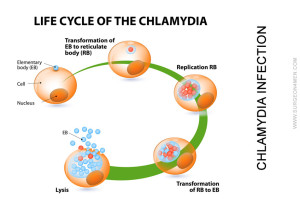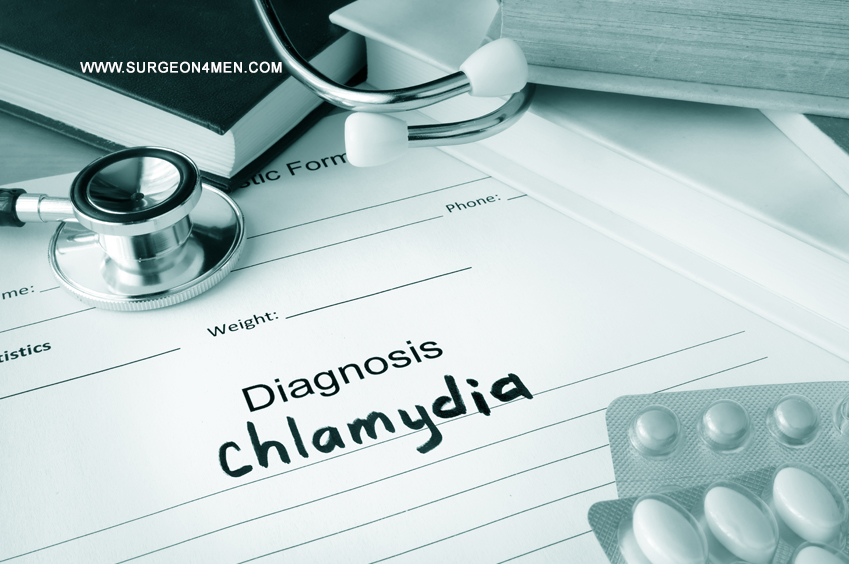Chlamydia
A sexually transmitted infection, Chlamydia can be easily passed on to sexual partners, especially during unprotected sexual intercourse. The disease often does not have any outward symptoms, which makes diagnosis extremely difficult.
Unprotected sex is one of the prime causes of Chlamydia infection. Touching genitals together can also result in the transmission of the bacteria. The bacteria can also spread during anal sex. What’s more, the infection can easily spread to newborn babies from infected mothers. Newborns whose mothers have Chlamydia symptoms may suffer from eye and throat infections.
Risk Factors
Both men and women can get Chlamydia infection, though the latter face the greatest risk, especially younger women whose immature cervical cells are more prone to infection. However, this does not mean that older or adult women cannot contract Chlamydia.
Having sex with more than one person raises the risk of getting a sexually transmitted infection. According to the Centers for Disease Control and Prevention, all sexually active women below 25 years of age should get screened for Chlamydia every year.
Signs & Symptoms of Chlamydia in Women
Chlamydia symptoms are difficult to identify, as signs of the infection start to appear one to three weeks after you contracted the infection. About 70-95 percent of women do not show any Chlamydia symptoms. However, some of the common symptoms in women include:
- Lower abdomen pain and fever

- Burning sensation or irritation during urination
- Pain in testicles
- Yellow/green discharge from penis or vagina
- Pain during intercourse in women
- Painful periods
- Bleeding between periods
- Burning sensation/itching around the vagina
Unfortunately, there is a risk of the infection spreading to fallopian tubes in some women, which may cause pelvic inflammatory disease – a medical emergency. Some of the common pelvic disease signs include nausea, severe pelvic pain, fever, and abnormal bleeding during menstrual cycle.
Chlamydia Symptoms in Men
About 90 percent of men do not show symptoms of infection. Some men may experience any of the following symptoms:
- Painful urination
- Clear/cloudy discharge from penis
- Itching or burning sensation while urinating
- Testicle pain
- Swelling around testicles
In both men and women, the anus may itch, burn, and bleed, often resulting in a discharge with odor.
Chlamydia Diagnosis
Chlamydia infection may spread to the cervix, vagina, penis, urethra, anus, eyes, or throat. If Chlamydia infection spreads to the eyes, it may result in itching, redness, and discharge. Throat may become sore if the infection spreads to the organ.
The doctor may need a swab to take a sample from the female cervix and male urethra. Urine tests may be performed to determine the presence of bacteria.
Chlamydia Treatment
Since it is caused by bacteria, Chlamydia can be treated with antibiotics. Your doctor will advise you not to have intercourse during treatment period. If left untreated, Chlamydia may make women infertile, as the condition may cause scarring of the fallopian tubes.
The best way to prevent the sexually transmitted infection is to have protected sex. It is best to get tested for the infection every time you have a new sex partner to reduce the risk of Chlamydia.
1- www.webmd.com/sexual-conditions/guide/chlamydia
2- www.plannedparenthood.org/learn/stds-hiv-safer-sex/chlamydia

